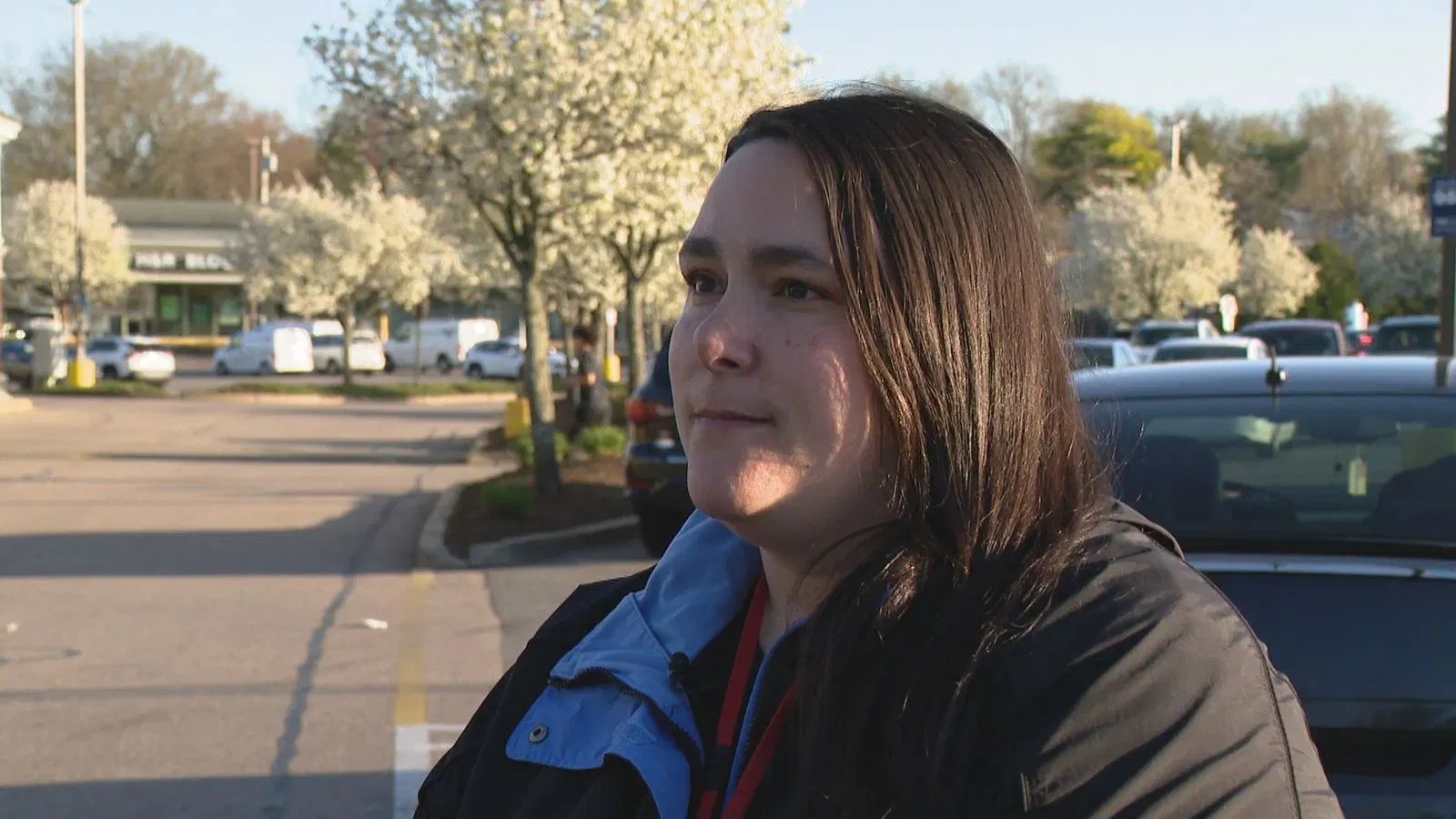A massive increase in pet ownership combined with an exodus from animal medicine has led to what industry experts are calling “crisis” level staffing shortages both in Massachusetts and across the country. As a result, people and their pets are waiting hours for treatment and in some cases being turned away from Angell Animal Medical Center in Jamaica Plain.
“COVID really did a number on us,” MSPCA-Angell CEO Neal Litvack told NBC10 Boston. “The demand for medical services in animal medicine has gone through the roof at the very same time that there is a deepening shortage of the labor to deliver those services.”
Since the start of the pandemic, Litvack said there's been a 20% increase in the number of households that have pets in the Boston area. A similar increase can be seen in the number of households that added a second or third during the pandemic. At the same time, Litvack said many people in animal medicine left their in-person jobs for unrelated remote work.
“A lot of people left the industry in order to pursue some of those virtual opportunities that allow them to work from their living room and, in many cases, at the same level of compensation,” Litvack said. “It's been exacerbated by the fact that during the pandemic, so many people went out and got a pet.”
Get New England news, weather forecasts and entertainment stories to your inbox. Sign up for NECN newsletters.
The shortage of veterinary technicians is north of 20% at Angell Animal Medical Center. Veterinary technicians do anything from prepping animals for surgery to giving them medications.
“We have never seen this much of a shortage of our veterinary technicians, ever,” Litvack said. “And it's really as a result of COVID, and the increase in pet ownership that resulted during that period.”
“Wait times have increased. Sometimes we're one nurse away from going on diversion so we can only see the sickest pets,” Chief Medical Officer Megan Whelan said.
Local
Most patients are gracious and understanding about the wait, according to Whelan. Tim Fulham, of Wellesley, was waiting with his 15-year-old Yorkshire terrier named Clifford, who needed treatment for a collapsing trachea.
“Yeah, it’s a little longer but the care is so extraordinary we’re happy to put up with whatever we need to,” Fulham said of the wait times.
The animal hospital is working with local colleges as part of an aggressive recruiting strategy, but they aren’t expecting the shortage to end any time soon.
“It's not a quick fix. It is a long-term action plan that probably will take between five and 10 years to turn around,” Litvack said.



